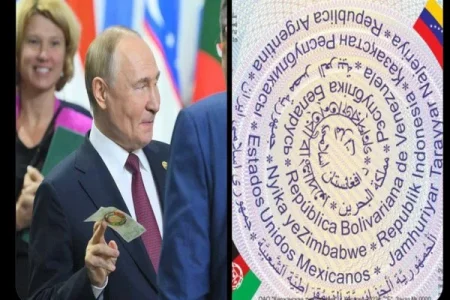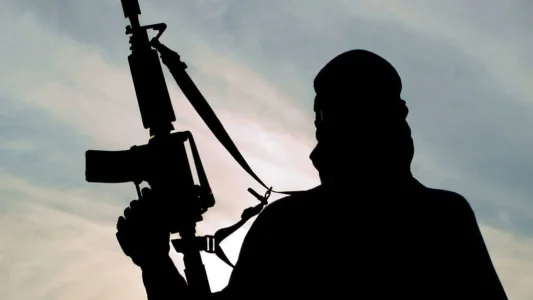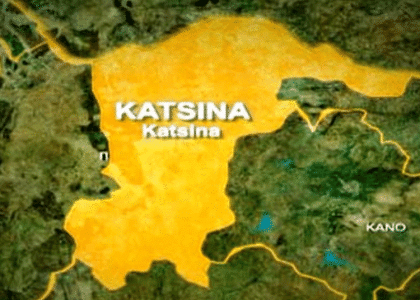
Nigerians react to the inclusion of Hausa as the official language representing Nigeria on the proposed BRICS currency, following the country’s membership in the international bloc. Reactions range from pride in Hausa’s recognition to concerns about the exclusion of Nigeria's diverse linguistic heritage.
Nigeria's recent inclusion in the BRICS bloc was met with mixed reactions after the Hausa language was used to inscribe Nigeria’s name on the proposed BRICS currency. The announcement, made during the BRICS summit in Kazan, Russia, highlighted Nigeria’s growing economic ties with the bloc, which has seen a remarkable increase in foreign capital inflows from BRICS nations—rising by 189% in the first half of 2024.
The decision to feature Hausa as the language representing Nigeria sparked widespread discussion on social media. Some users celebrated the recognition of Hausa, with Bashir Ahmad, a former special adviser to ex-President Muhammadu Buhari, expressing pride in seeing the language inscribed alongside the Nigerian flag. He referred to Hausa as a representation of Nigeria's identity.
However, not all responses were positive. Critics argued that Nigeria is a multilingual nation with over 500 languages, suggesting that the choice of Hausa over other languages marginalized the diversity within the country. Some commenters expressed frustration, believing that using only one language did not reflect Nigeria's rich cultural tapestry.
As the news spread, many Nigerians debated the implications of this decision for national unity and representation, emphasizing the need for inclusivity in showcasing the nation’s linguistic heritage.




